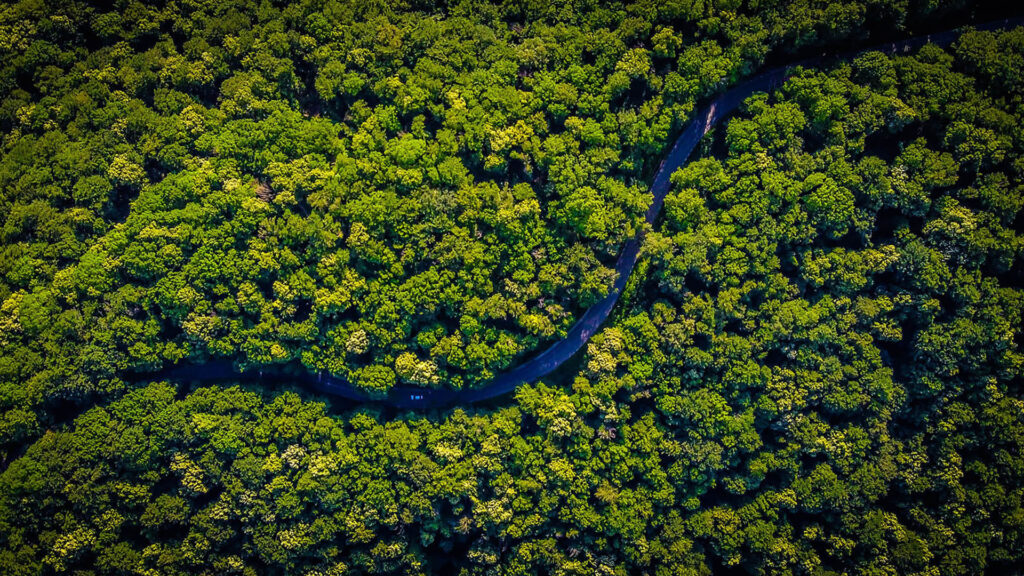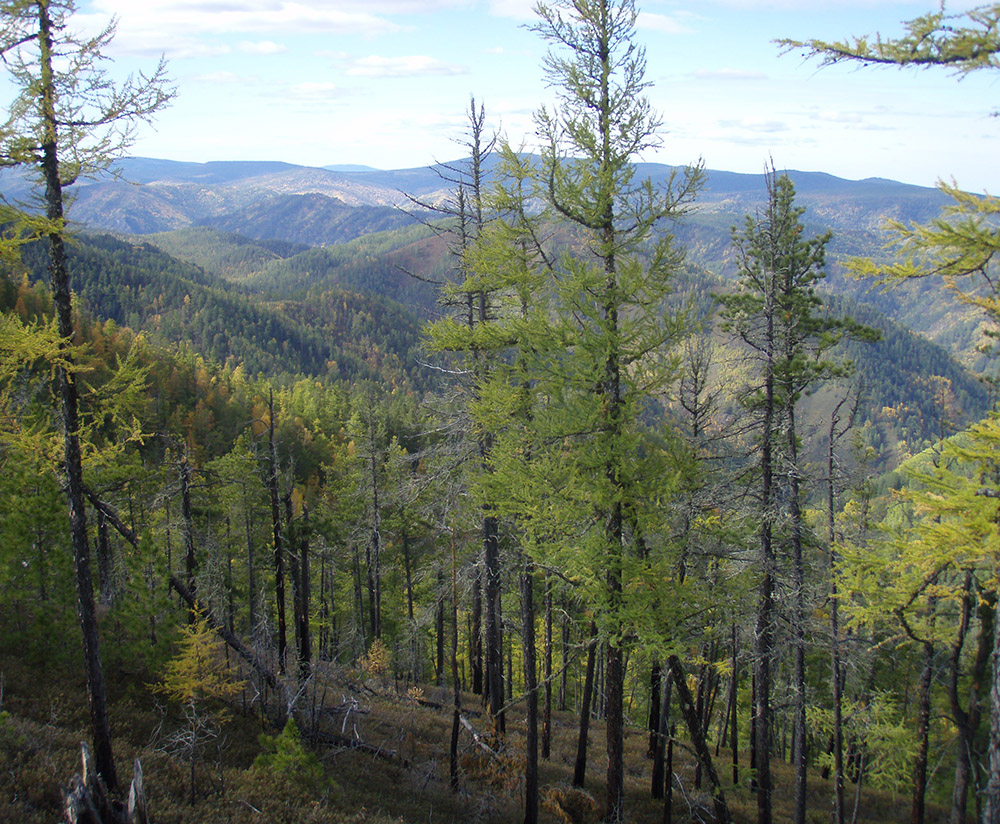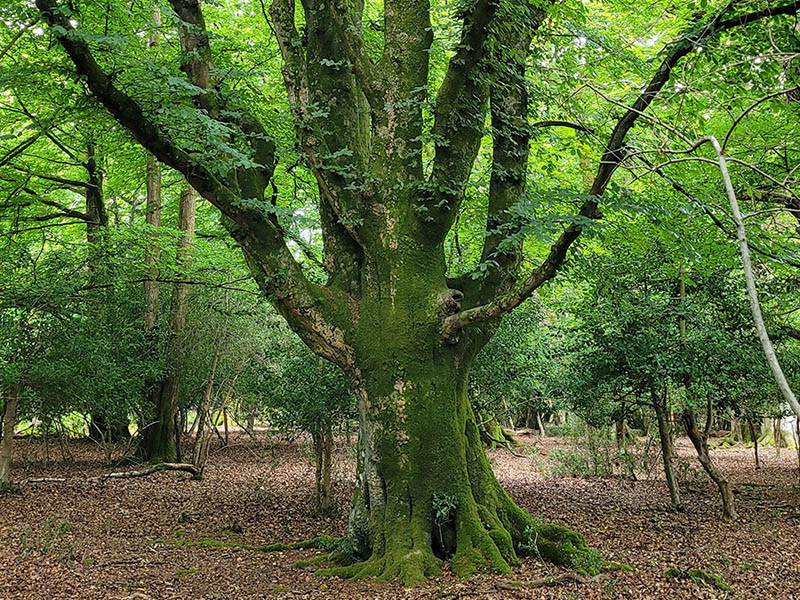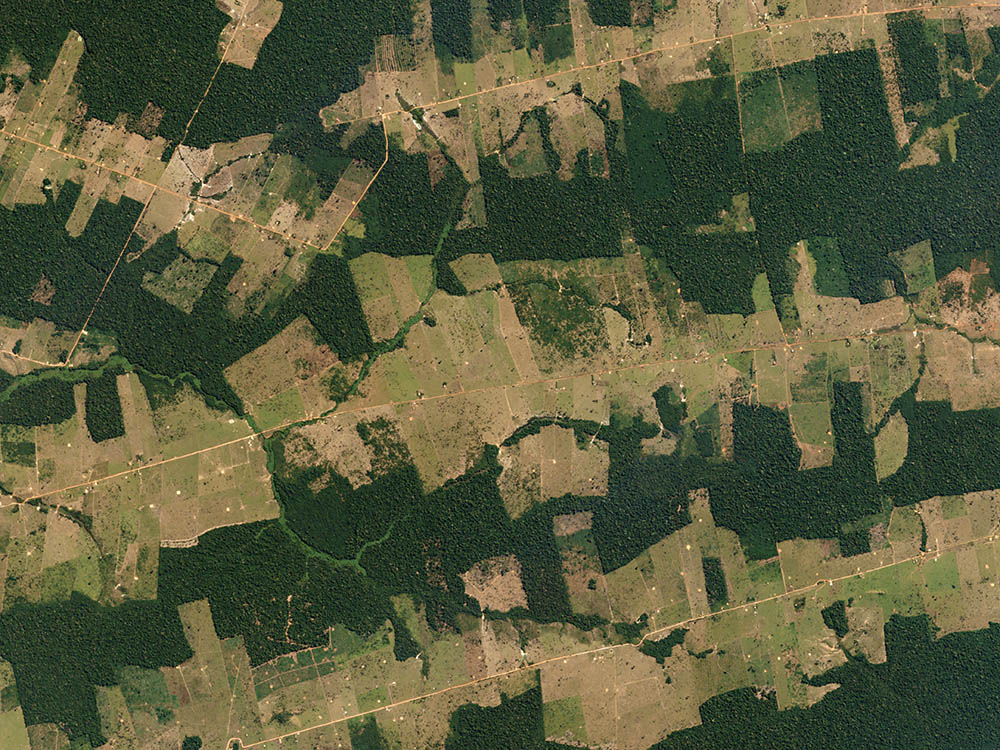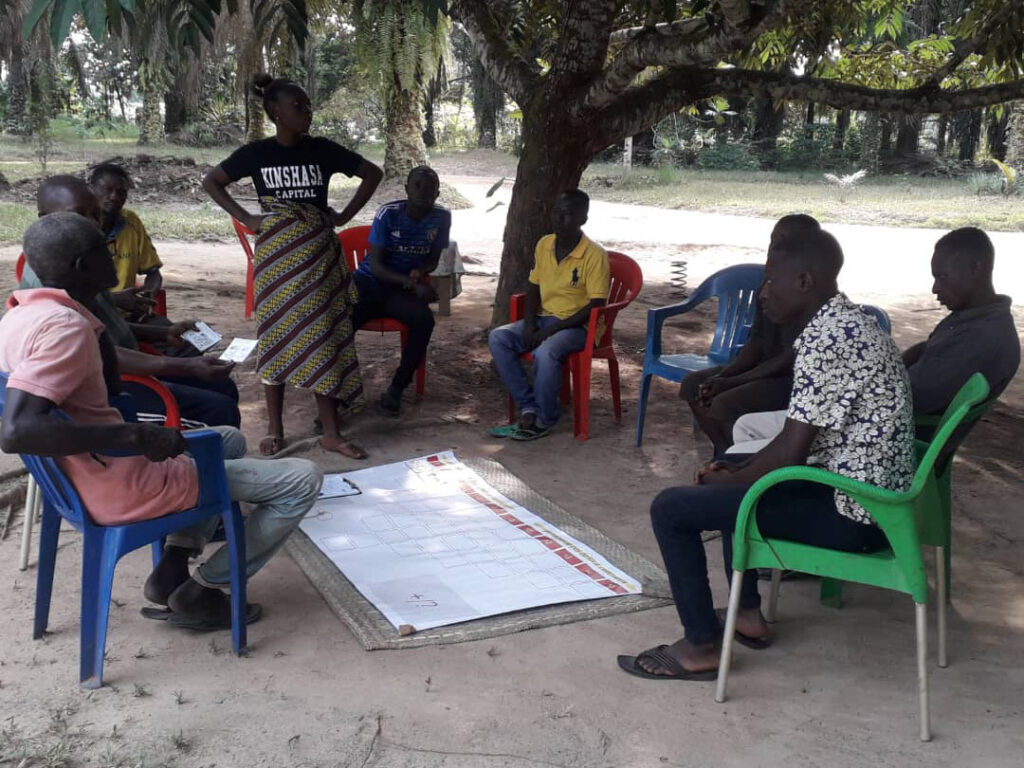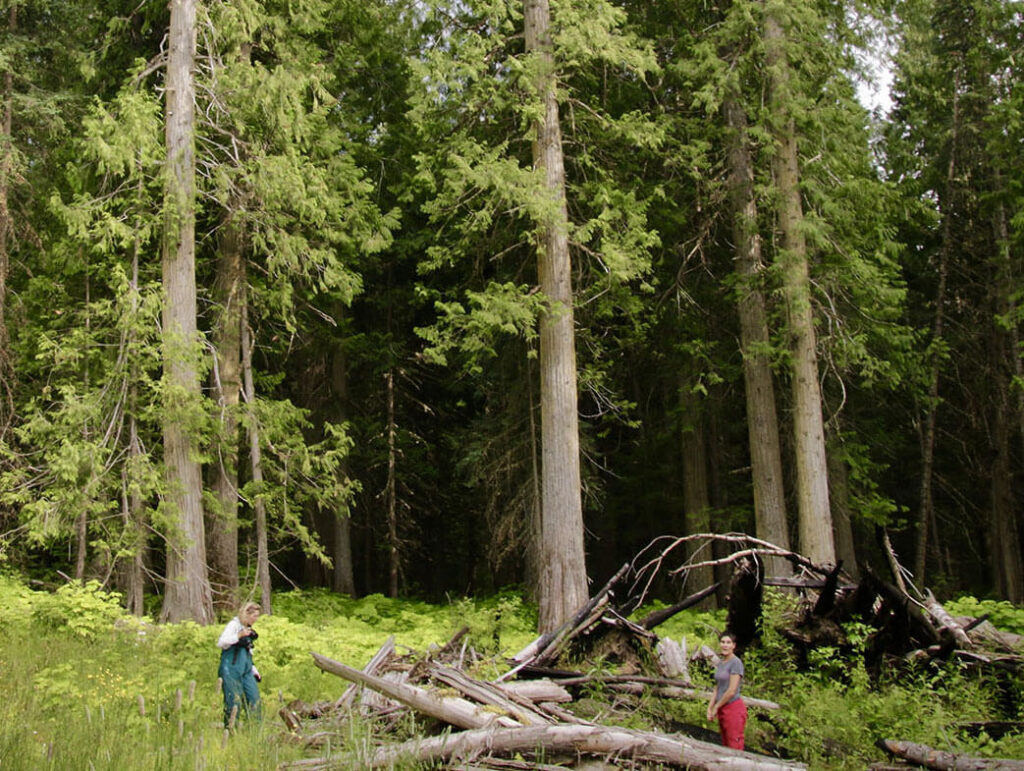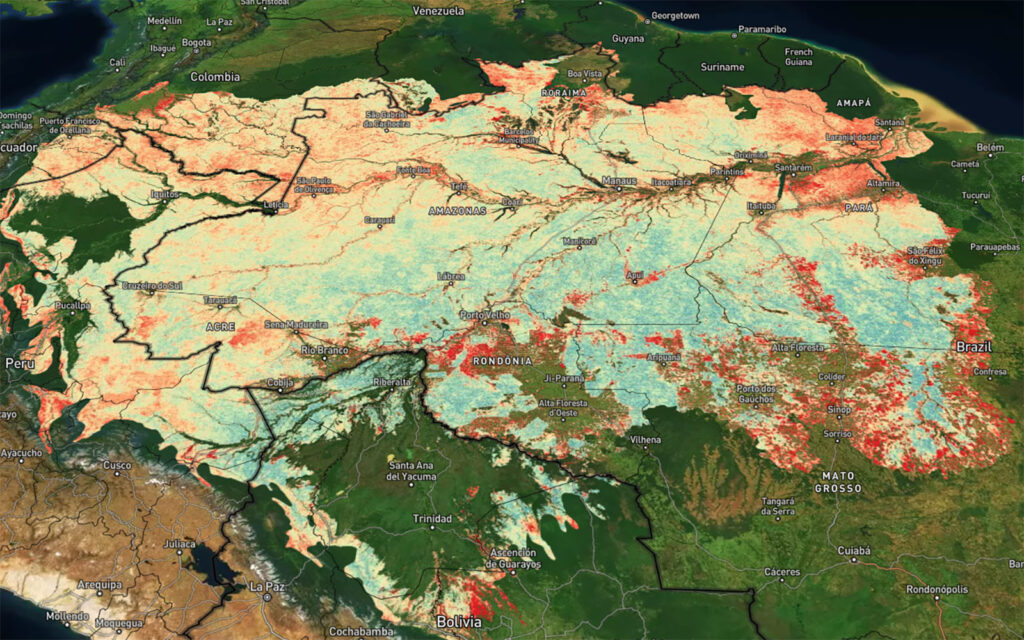Professor Brendan Mackey is Director of the Griffith Climate Action Beacon, Griffith Climate Change Response Program, and the National Climate Change Adaptation Research Facility at Griffith University. He has a PhD in ecology from The Australian National University.
The primary foci of Professor Mackey's current research are:
- climate change adaptation and mitigation
- science-based policy for climate change, conservation and sustainable development
- the application of decision support systems to environmental problems.
He has special expertise in climate change, forest ecosystems, biodiversity conservation and terrestrial carbon dynamic and has expertise in the application of Geographical Information System, remote sensing and environmental modelling to problems of environment and climate change.
Professor Mackey is the lead on a number of externally-funded research projects, including:
- research projects in the Pacific about ecosystem based adaptation
- information systems and decision support for adaptation research projects
- primary forests and climate change research projects
- whales in a changing climate
Griffith University opened its doors over 40 years ago, we’ve been deeply connected to the Asian region, socially conscious and environmentally aware, an integral part of the community and heavily industry focused. We’ve also become a comprehensive, research-intensive university, ranking in the top 2% of universities worldwide. More about Griffith University.
Brendan's project publications
Policy brief: The irreplaceability of tropical primary forests
17/06/2025
The economic values of primary tropical forests are global significant. Avoiding their loss and degradation is critical to meeting global climate, biodiversity, and social development goals.
Tracking ecosystem stability across boreal Siberia
02/12/2024
Forests around the world are under immense pressure from human land use and climate change, however vastly improved remote sensing techniques can help identify where forests are under greatest stress from a wide range of human-caused and climate risks.
Primary forest carbon key to achieving Europe’s Green Deal 2030
14/05/2024
Restoration of forest ecosystems by allowing continued growth of regenerating forests, active restoration measures, and re-connecting fragmented remnants across landscapes, will provide crucial mitigation benefits that contribute to emissions reduction targets as well as existing and future co-benefits.
Policy brief: Conservation connectivity and the biodiversity-climate nexus
14/02/2023
Connectivity between conservation areas is vital for protecting and restoring biodiversity and ecosystems and can play a key role in supporting national responses to climate change, in Australia and around the world. Through a National Conservation Corridors Framework Australia could meet both climate and biodiversity outcomes and protect First Nations cultural heritage.
Policy brief: Ecosystem integrity maximises climate mitigation and minimises risk in international forest policy
16/11/2022
The ecological, social and economic values of forests are widely known and avoiding their loss and degradation has been recognized in national and international policy as critical for helping address the many global problems we face.
Policy brief: Carbon accounting improvements for operationalising the Glasgow Climate Pact
16/11/2022
The need for integrated policy action to mitigate climate change and conserve biodiversity has now been recognised in Article 38 of the Glasgow Climate Pact. This emphasises the importance of protecting, conserving and restoring nature and ecosystems, including forests and other terrestrial and marine ecosystems.
Assessing community readiness for REDD+ projects in the DRC
28/10/2022
Payment for ecosystem service (PES) schemes are programmes that compensate forest communities for refraining from undertaking extractive uses, such as mining, intensive logging, and clearing. PES schemes can be important policy tools in meeting climate targets but effective deployment demands an understanding of local deforestation drivers and host communities’ preferences.
Policy brief: The economic value of the world’s forests
28/10/2022
Our planet’s forests provide many benefits to society’s continued well-being yet are subjected to ongoing loss and degradation. These activities provide financial benefits but unless we understand the value of what is lost when the forests are cleared and degraded, we will not be able to make informed decisions about their use and management.
Using ecosystem integrity to maximise climate mitigation and minimise risk in international forest policy
16/09/2022
Rules and guidelines that treat forests equally in key international policy frameworks regardless of their risk profiles limit their effectiveness and can facilitate forest degradation. Here we assess the potential for using a framework of ecosystem integrity to guide policy goals.
Mapping forest stability within major biomes using MODIS time series
15/09/2022
Forest stability is a key component of ecosystem integrity and primary forests. Current remote sensing products largely focus on deforestation rather than forest degradation, and depend on machine learning calibrated with extensive field measurements. To address this, we used MODIS time series to develop a novel approach for mapping forest stability across forest biomes.



